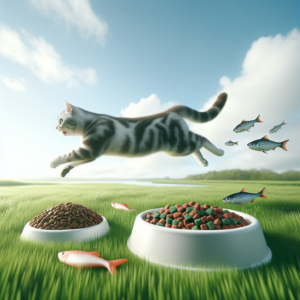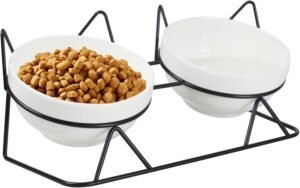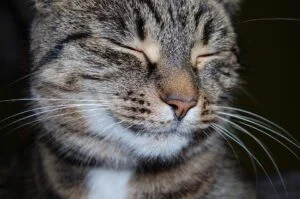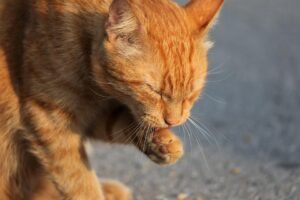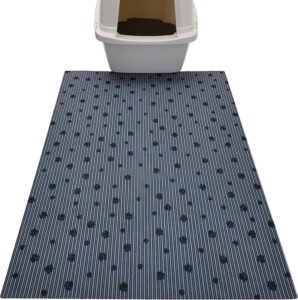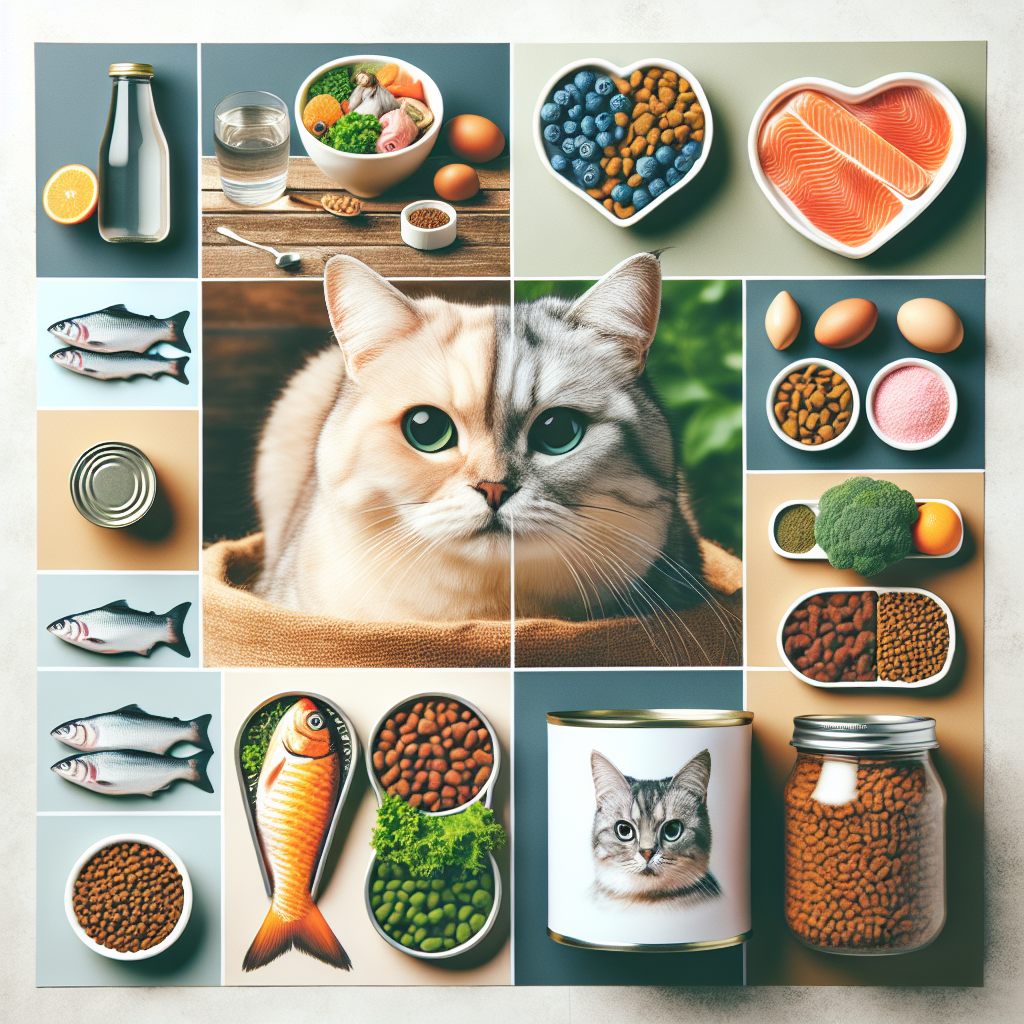
Introduction
Cats are beloved companions in many households, and ensuring their health and well-being is a top priority for cat owners. Just like humans, cats can suffer from various ailments that require special dietary considerations. An optimal diet tailored to the specific health needs of a cat can aid in managing symptoms, improving quality of life, and even prolonging lifespan. In this article, we will explore the best dietary strategies for cats with common ailments, including kidney disease, diabetes, obesity, and allergies.
Understanding Cat Nutrition
Before diving into specific diets for ailments, it’s crucial to understand the basic nutritional needs of cats. Cats are obligate carnivores, meaning their diet must be primarily composed of meat. Their nutrition should include high levels of protein, moderate fats, and minimal carbohydrates. Essential nutrients for cats include taurine, arachidonic acid, and vitamins like A and D, which are naturally found in animal tissues.
Kidney Disease and Dietary Management
Chronic kidney disease (CKD) is a common condition in older cats. It’s characterized by a gradual loss of kidney function, which can lead to toxin buildup in the blood. Dietary management plays a critical role in slowing the progression of CKD and alleviating symptoms.
Low-Phosphorus Diet
Cats with kidney disease benefit from a low-phosphorus diet, as phosphorus can contribute to kidney damage. Specially formulated renal diets often contain reduced levels of phosphorus to mitigate this risk.
High-Quality Protein
While protein restriction is a debated topic, offering high-quality protein sources is essential for maintaining muscle mass without overloading the kidneys. Proteins should be digestible and of animal origin.
Increased Omega-3 Fatty Acids
Omega-3 fatty acids, commonly found in fish oil, can help reduce inflammation and improve kidney function. Supplementing a cat’s diet with omega-3s can be beneficial for those with CKD.
Diabetes and Nutritional Considerations
Feline diabetes is a condition where the body cannot properly produce or respond to insulin, leading to elevated blood sugar levels. An appropriate diet is vital in managing diabetes in cats.
Low-Carbohydrate Diet
Cats with diabetes benefit from a low-carbohydrate diet, as it helps to stabilize blood sugar levels. Wet foods are often preferred over dry kibble, as they typically contain fewer carbohydrates.
High-Protein Content
A high-protein diet supports muscle maintenance and provides energy without spiking blood sugar levels. Animal-based proteins are the best choice for diabetic cats.
Consistent Feeding Schedule
Maintaining a consistent feeding schedule helps regulate blood glucose levels. Several small meals throughout the day may be more beneficial than one or two large meals.
Obesity and Weight Management
Obesity is a prevalent issue among domestic cats and can lead to various health problems, including diabetes, arthritis, and heart disease. A carefully managed diet is crucial for weight reduction and maintenance.
Caloric Restriction
Reducing calorie intake is the primary approach for weight loss in obese cats. This can be achieved by switching to low-calorie or weight management formulas designed for cats.
Increased Fiber Intake
Fiber can help cats feel fuller for longer periods, reducing the urge to overeat. Diets with increased fiber content can aid in weight management.
Portion Control
Measuring food portions to ensure the correct caloric intake is essential. Feeding measured meals rather than free-feeding helps in controlling weight.
Allergies and Dietary Adjustments
Food allergies in cats can lead to symptoms such as itching, gastrointestinal upset, and chronic ear infections. Identifying and eliminating allergens from the diet is key to managing allergies.
Novel Protein Diet
A novel protein diet involves feeding proteins that the cat has not been exposed to before, such as duck or venison, to avoid triggering an allergic response.
Limited Ingredient Diets
These diets contain a minimal number of ingredients, reducing the risk of allergens. They can help identify the specific ingredient causing the allergic reaction.
Hydrolyzed Protein Formulas
These formulas break down protein molecules to a size that is less likely to trigger an immune response, making them suitable for cats with severe allergies.
Conclusion
Tailoring a cat’s diet to address specific health concerns is an effective way to manage ailments and support overall health. Whether dealing with kidney disease, diabetes, obesity, or allergies, understanding the nutritional needs of cats and choosing appropriate diets can significantly impact their quality of life. Always consult with a veterinarian before making any significant changes to your cat’s diet to ensure it aligns with their health needs and conditions.
By investing time and effort into understanding and implementing optimal dietary strategies, cat owners can help their feline companions lead healthier, happier lives.

